To provide the best experiences, we use technologies like cookies to store and/or access device information. Consenting to these technologies will allow us to process data such as browsing behaviour or unique IDs on this site. Not consenting or withdrawing consent, may adversely affect certain features and functions.
The technical storage or access is strictly necessary for the legitimate purpose of enabling the use of a specific service explicitly requested by the subscriber or user, or for the sole purpose of carrying out the transmission of a communication over an electronic communications network.
The technical storage or access is necessary for the legitimate purpose of storing preferences that are not requested by the subscriber or user.
The technical storage or access that is used exclusively for statistical purposes.
The technical storage or access that is used exclusively for anonymous statistical purposes. Without a subpoena, voluntary compliance on the part of your Internet Service Provider, or additional records from a third party, information stored or retrieved for this purpose alone cannot usually be used to identify you.
The technical storage or access is required to create user profiles to send advertising, or to track the user on a website or across several websites for similar marketing purposes.
 MillerKnoll, the global collective of dynamic design brands, has published its 2023 Better World report, detailing the company’s goal to design a better world through sustainability, community impact, and diversity, equity, inclusion, and belonging (DEIB). In 2021, following Herman Miller’s acquisition of Knoll, Herman Miller was renamed MillerKnoll, and the brands’ shared legacies of sustainable and inclusive design were brought together. This report provides metrics and details of initiatives launched by the collective of brands.
MillerKnoll, the global collective of dynamic design brands, has published its 2023 Better World report, detailing the company’s goal to design a better world through sustainability, community impact, and diversity, equity, inclusion, and belonging (DEIB). In 2021, following Herman Miller’s acquisition of Knoll, Herman Miller was renamed MillerKnoll, and the brands’ shared legacies of sustainable and inclusive design were brought together. This report provides metrics and details of initiatives launched by the collective of brands.





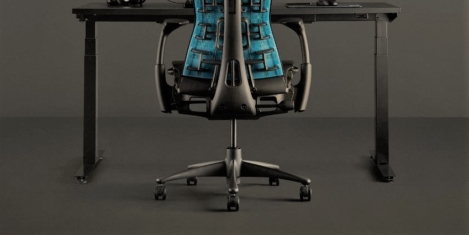


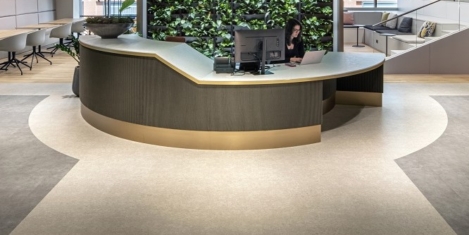


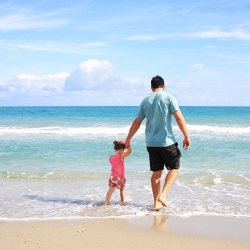


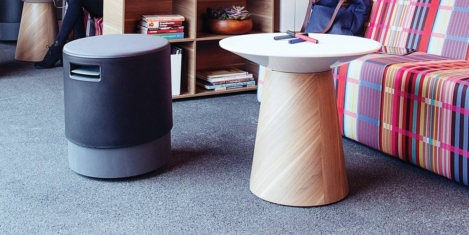
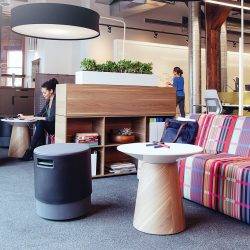






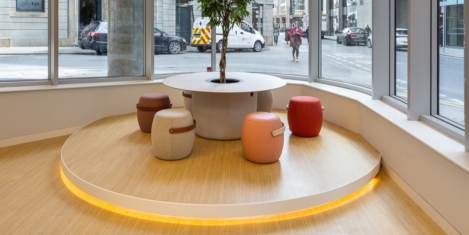
 Way before the lockdown rewired the whole events scene in cities around the world, I was given a task by an old, now departed, friend. He wanted to explore the possibility of creating something like Clerkenwell Design Week in Manchester. The obvious problem was that, for some of its historic parallels, Manchester isn’t Clerkenwell and it certainly isn’t London. What it particularly lacked for this type of event was a hothouse of office design showrooms sharing space with a youthful community of architects and designers. The ecosystem for such an event didn’t really exist in the same way.
Way before the lockdown rewired the whole events scene in cities around the world, I was given a task by an old, now departed, friend. He wanted to explore the possibility of creating something like Clerkenwell Design Week in Manchester. The obvious problem was that, for some of its historic parallels, Manchester isn’t Clerkenwell and it certainly isn’t London. What it particularly lacked for this type of event was a hothouse of office design showrooms sharing space with a youthful community of architects and designers. The ecosystem for such an event didn’t really exist in the same way. 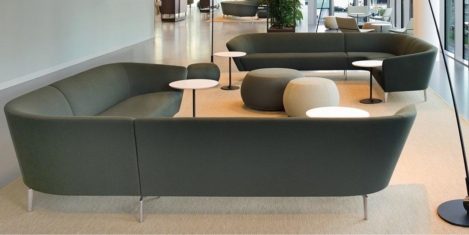
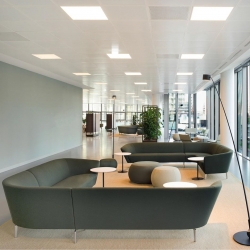









December 3, 2023
Tailored workplace management for modern organisations
by Paul Phillips • Comment, Technology, Workplace design